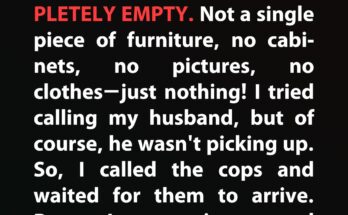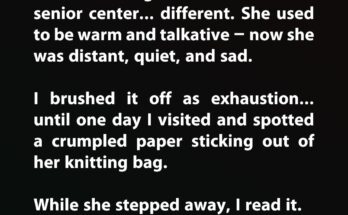When my wife confided that her best friend had asked her to be a “decoy” in a scheme to manipulate a man—essentially using her charm to bait him—I was stunned. My wife, kind-hearted and trusting, saw it as harmless. I saw it as degrading. I told her firmly: You’re not a pawn in anyone’s game. She agreed, reluctantly, and declined the request.
That should’ve been the end of it. But her friend didn’t take rejection lightly.
Weeks later, strange things began happening. Rumors spread about my wife—whispers of infidelity, screenshots of flirty messages she never sent, and even a fabricated story that she had been seen sneaking out of a hotel. Our social circle buzzed with speculation. My wife was devastated. I was furious.
We traced it all back to her friend. The betrayal was surgical. She had weaponized our refusal, turning it into a vendetta. Her revenge wasn’t loud—it was insidious, designed to fracture trust and isolate us.
But here’s the twist: instead of breaking us, it forced us to rebuild stronger. We confronted the lies, exposed the manipulation, and cut ties with toxicity. My wife, once passive in her friendships, found her voice. I, once protective to a fault, learned to trust her strength.
Her friend’s revenge was meant to humiliate us. Instead, it revealed who truly stood by us—and who never did. We were speechless, yes. But not broken.


